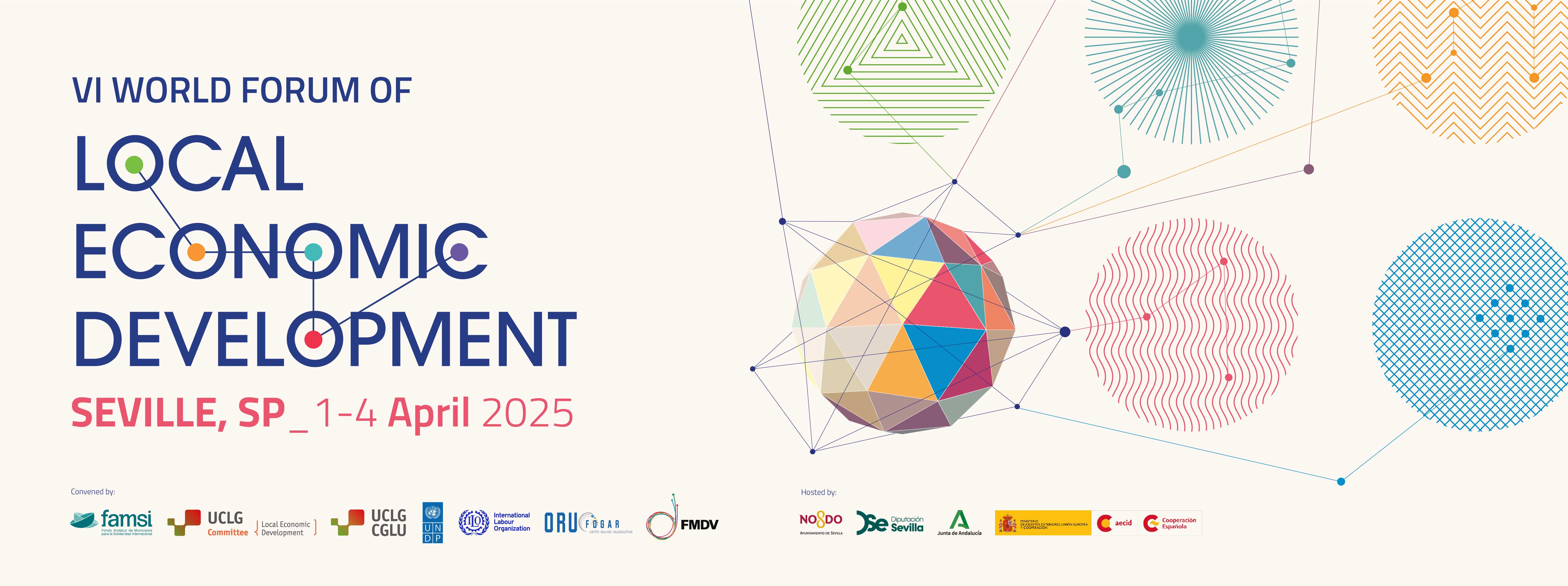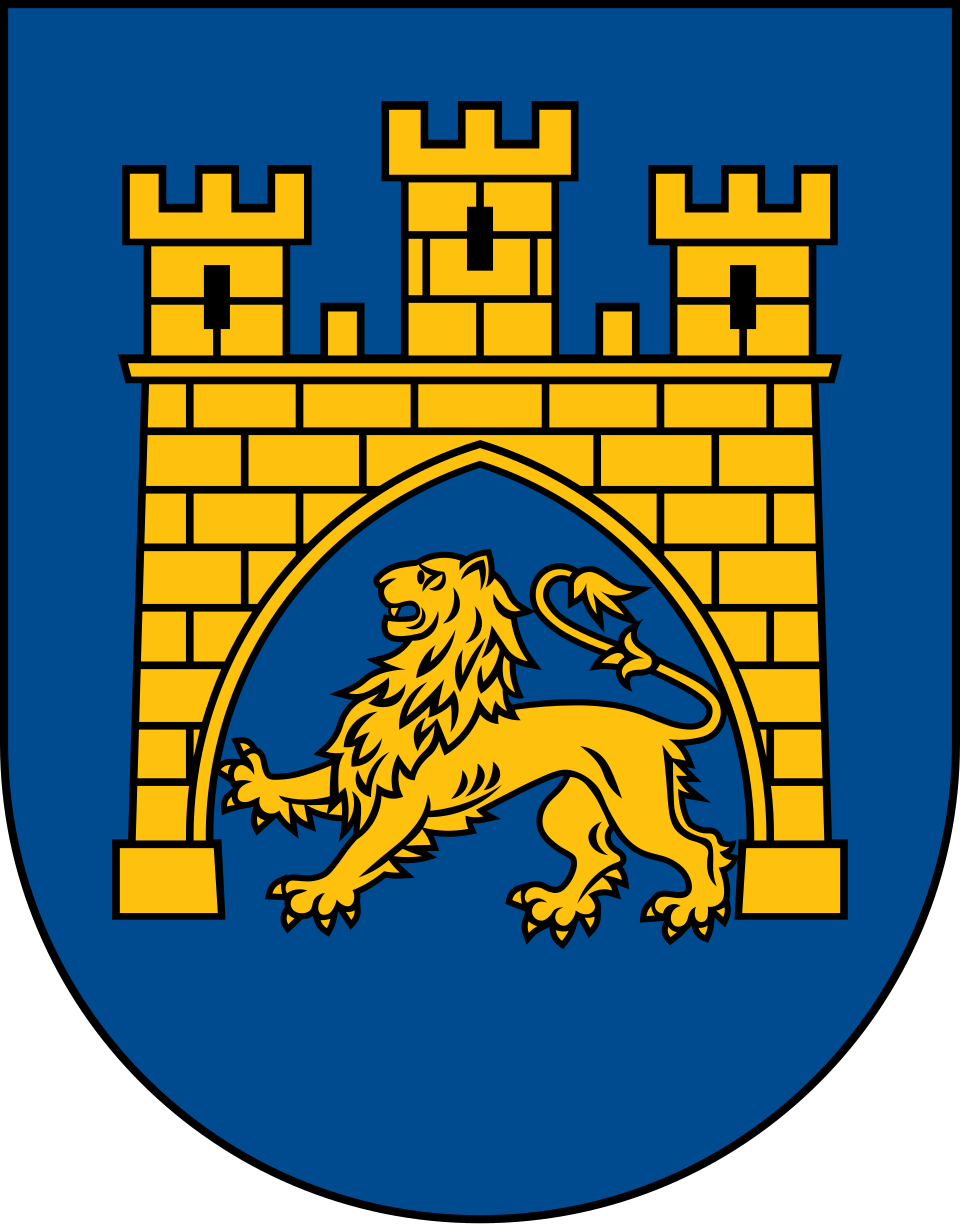About the VI World Forum of Local Economic Development

Pierre Martinot-Lagarde
Special Adviser of the Partnershio Department at the International Labour Organization (ILO)
Advancing Decent Work and Social Justice at the Local Level
Promoting social justice and decent work globally, at the global, national and local level is the core of the ILO mandate, The World Forum of Local Economic Development (LED Forum) offers an opportunity to share local solutions and engage with local and regional governments. At the forum, the world of territories meet with the world of work.
Decent Work at the Local Level
At the local level, promoting social justice and decent work means addressing some of the most acute challenges as delineated in the 2030 agenda. Solutions will be shared and developed in particular to develop local employment strategies in dialogue with all parties involved, respond and pave the way to post crisis development challenges, promoting a people centred approach to the transition from informality to formality. In this path, toward building coalitions and enhancing synergies, South South and Triangular Cooperation has become a path to develop affordable, replicable solutions. Through social dialogue, the ILO ensures that solutions are inclusive, sustainable, and aligned with international labor standards.
A long-standing engagement with the LED Forum
The ILO has been supporting the LED Forum since its inception, consistently demonstrating its commitment to advancing local economic development. Previous editions in Córdoba, Argentina, Praia (Cabo Verde), and Torino, Italy, highlighted the ILO and the Forum joined ability to bring together the main local actors to address global challenges through territorial solutions. The upcoming VI World Forum on Local Economic Development, scheduled for April 2025 in Seville, Spain, is the continuation of this long standing journey.
Focus Areas of the ILO at the LED Forum
At the VI LED Forum, the ILO’s contributions are centered around two key axes:
1. Triple Transition: Decent Work and Social Justice
The ILO addresses the ecological, digital, and demographic transitions through an integrated approach that prioritizes decent work and social justice. By embedding labor standards and social dialogue into policies that manage these transitions, the ILO ensures that economic transformations are inclusive and equitable. This focus aligns with the ILO’s commitment to a just transition, which emphasizes the creation of green jobs, the formalization of informal work, and the protection of vulnerable workers ensuring that social dialogue plays a pivotal role. The ILO’s work in this area supports local actors in navigating the complexities of these transitions while ensuring that no one is left behind.
2. Caring Local Economies: Instruments, Policies, Infrastructure, Services, and People for Territorial Cohesion
The care economy is a growing sector with significant potential for job creation, particularly as global demand for childcare and elder care increases. However, care work remains undervalued and often characterized by low wages, poor conditions, and a lack of social protection. The ILO advocates for transformative care policies that prioritize decent work, gender equality, and social inclusion. These policies include investments in care infrastructure, improved terms and conditions for care workers, and the formalization of care jobs. Social and Solidarity Economy, together with cooperatives help addressing the structural challenges of the care economy, the ILO contributes to building equitable and resilient societies, ensuring that care work is recognized as a cornerstone of sustainable development.
The ILO will lead and contribute to several sessions at the LED Forum, addressing critical topics that reflect its mandate and priorities. These sessions will explore strategies to formalize informal economies, improve working conditions, and manage the social impacts of just transitions. Discussions will also focus on strengthening the social and solidarity economy, advancing gender equity through care work, and fostering youth employment and skills development. By facilitating these dialogues, the ILO aims to share best practices, identify challenges, and propose actionable solutions that align with the principles of decent work and social justice.
On the way toward the World Summit for Social Development
The LED Forum is an essential platform for preparing for the World Summit for Social Development in 2025. By focusing on territorial approaches to global challenges, the Forum enhances the coherence between local and international development strategies. Its emphasis on just transitions, caring economies, and innovative financing mechanisms positions it as a vital tool for achieving the SDGs. For the ILO, the Forum represents a strategic opportunity to deepen its engagement with local stakeholders, strengthen partnerships, and promote the Decent Work Agenda. Through its active participation, the ILO ensures that local solutions contribute to global efforts to build a fairer, more inclusive world of work.










































































